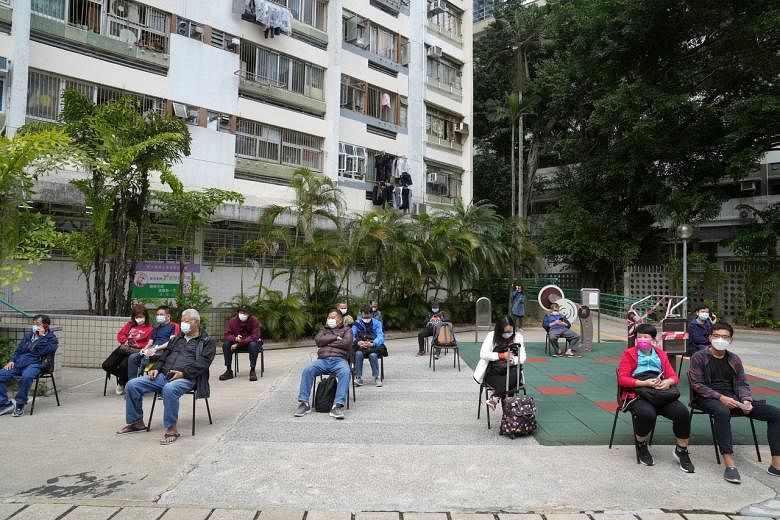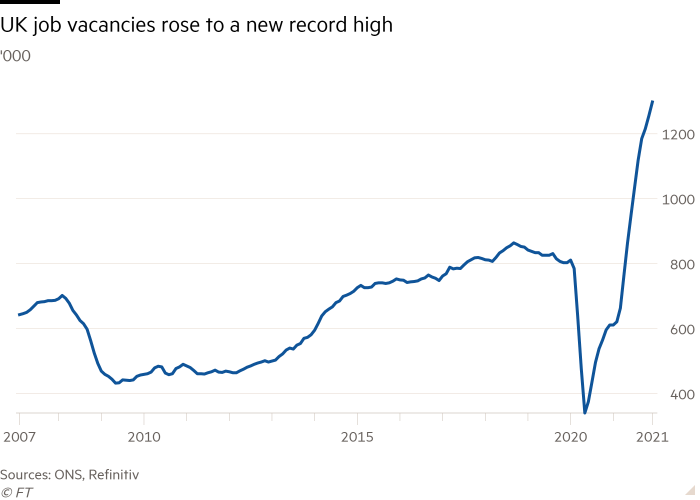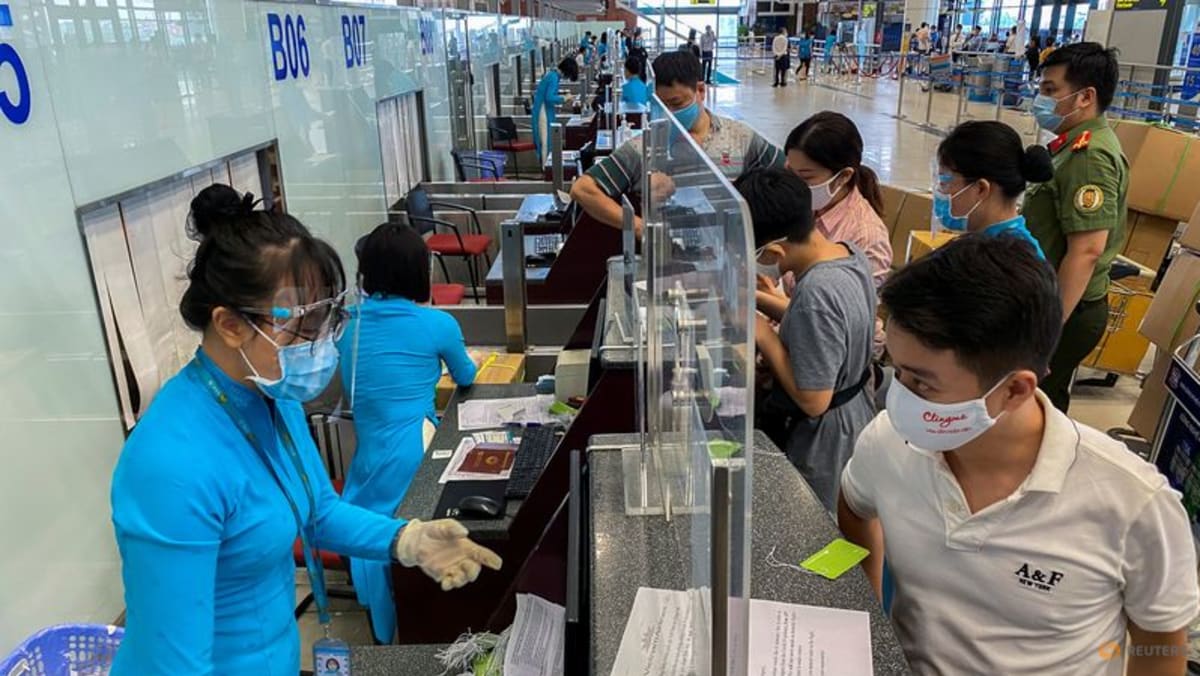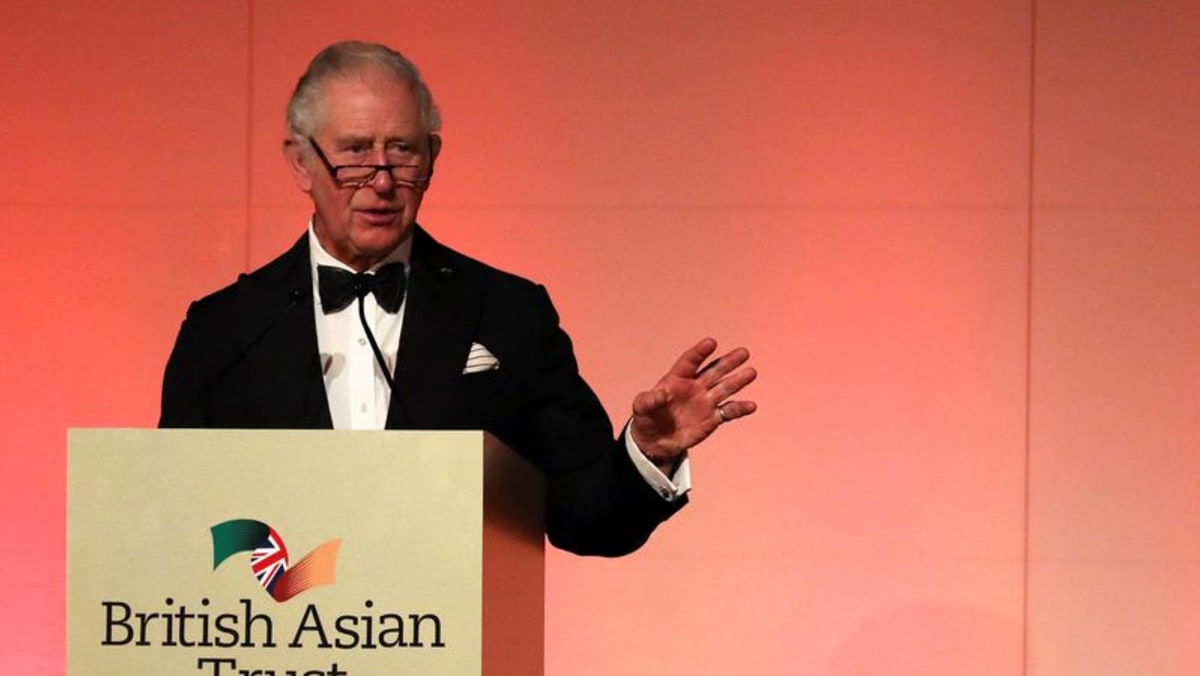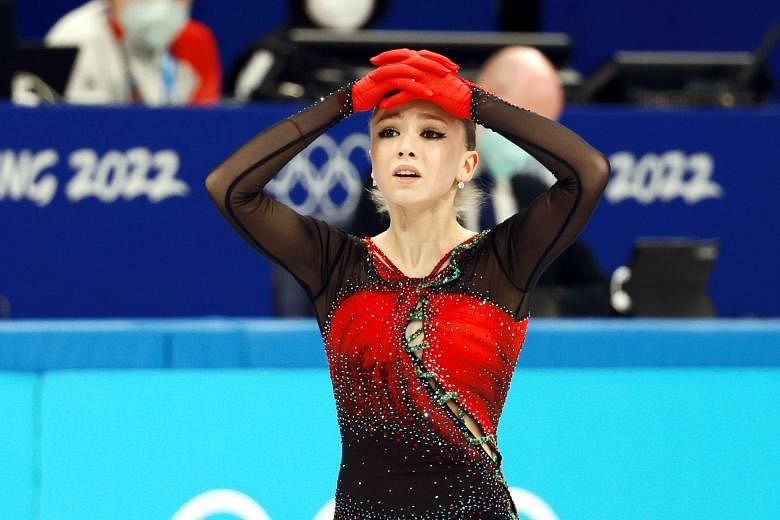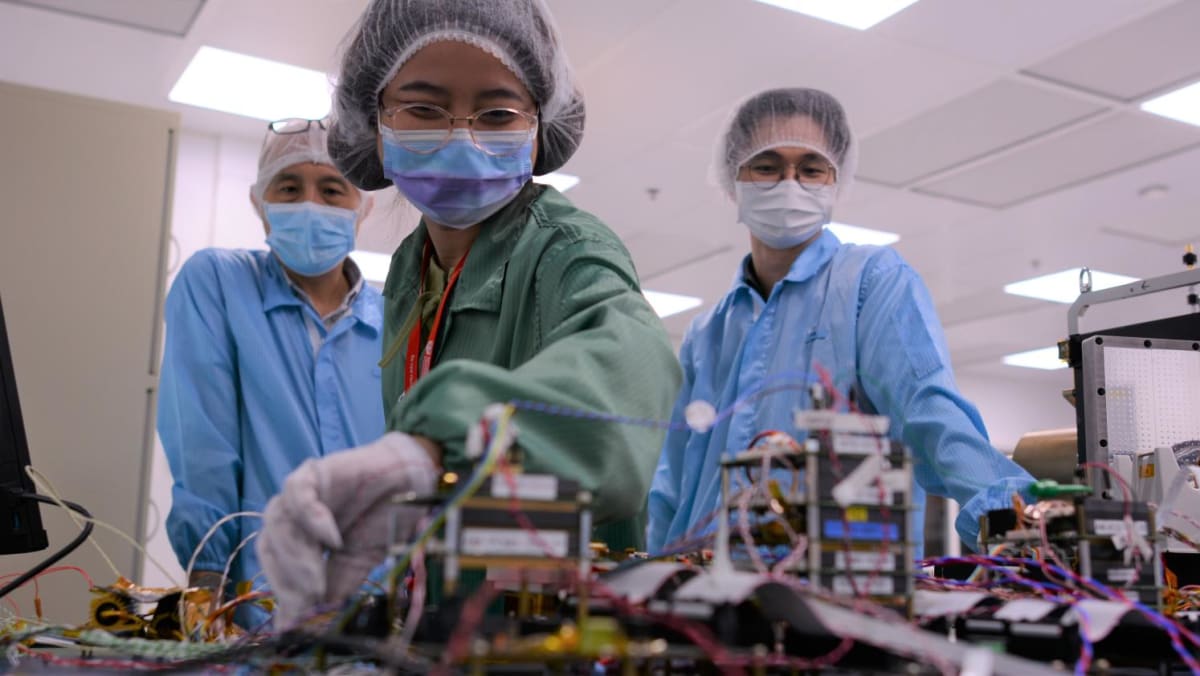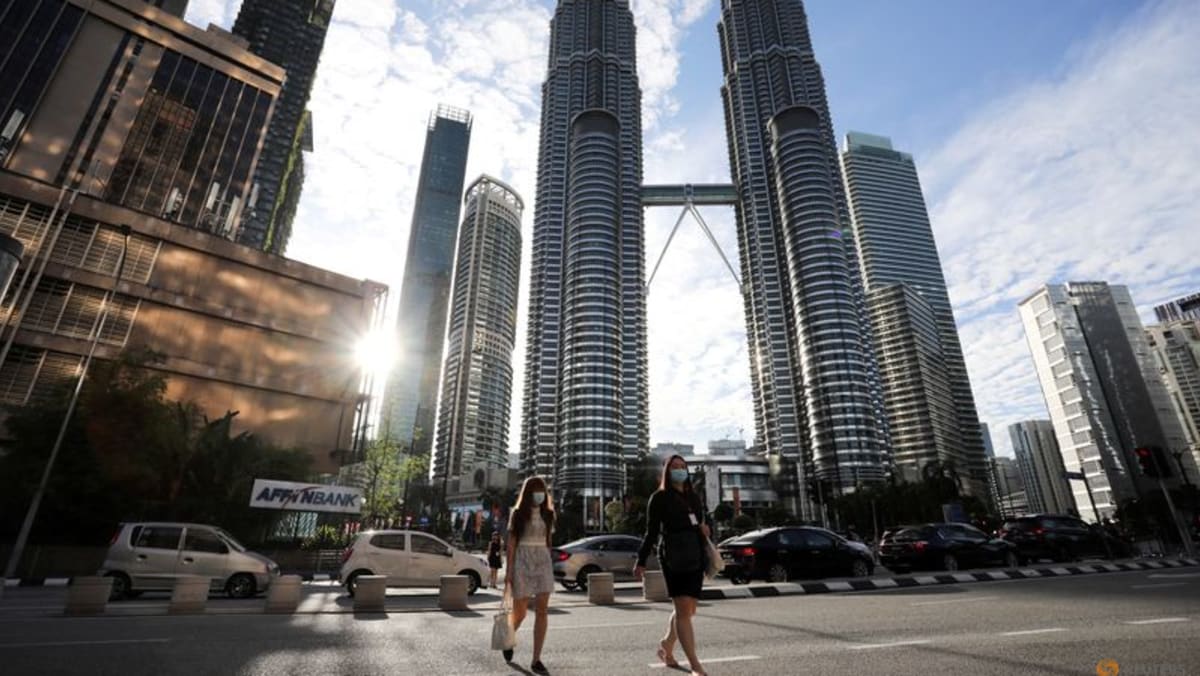SINGAPORE: Singapore is expected to receive its first batch of Novavax's COVID-19 vaccine in the coming months after authorities announced on Monday (Feb 14) that it has been approved for use here.
The non-mRNA vaccine can be given as a booster shot, said the Ministry of Health.
It is the fourth vaccine available under the Pandemic Special Access Route (PSAR), after the ones by Pfizer-BioNTech, Moderna and Sinovac.
Here’s what you need to know about Novavax's COVID-19 vaccine, manufactured under the name Nuvaxovid:
HOW IS IT DIFFERENT FROM MRNA VACCINES?
Nuvaxovid uses a protein-based technology that has been around for decades to create vaccines against illnesses such as shingles, whooping cough and hepatitis.
The proteins in the Novavax vaccine mimic COVID-19’s spike protein. They were created in moth cells, then converted into nanoparticles that are harvested to make the vaccine.
This non-infectious spike protein is then inserted into the body to induce an immune response.
The main difference between Novavax and mRNA vaccines is that it is made with lab-grown copies of the COVID-19 spike protein, whereas mRNA vaccines include genetic instructions for the body to make its own spike protein.
HOW EFFECTIVE IS THE VACCINE?
Trials have shown that Nuvaxovid is about 90 per cent effective at preventing symptomatic COVID-19 and 100 per cent effective in preventing severe infection.
These findings were from its Phase III clinical study involving people aged 18 or older.
Novavax is trialling the vaccine in people aged 12 to 17. It said last week that Nuvaxovid was 80 per cent effective against COVID-19 in a late-stage trial in that age group.
DOES IT WORK AGAINST OMICRON?
There is no data on whether Nuvaxovid is effective against the Omicron or Delta variants, said Singapore's expert committee on COVID-19 vaccination.
"These variants were not prevalent at the time Novavax conducted the clinical trials," the Health Sciences Authority (HSA) added.
The vaccine, however, has shown "consistent efficacy" against the Alpha variant.
WHO CAN TAKE THE VACCINE?
HSA has approved the vaccine for people aged 18 and above.
It is also safe for breastfeeding women, according to the World Health Organization (WHO).
As Nuvaxovid is not a live virus vaccine, “it is biologically and clinically unlikely to pose a risk to the breastfeeding child”, WHO said, adding that it does not recommend discontinuing breastfeeding because of vaccination.
The vaccine should be administered in two doses of 5 micrograms, three weeks apart.
WHO SHOULDN'T TAKE THE VACCINE?
Severely immunocompromised people and those under 18 years old should not take the vaccine until safety and efficacy data for these groups is available, HSA said.
Those who develop a severe allergic reaction after the first dose should not be given the second one, it added.
Those with a history of anaphylaxis - a rapid onset of severe allergic reactions - should also not receive the vaccine, according to WHO.
People with a temperature of above 38.5 degrees Celsius or who have been diagnosed with acute COVID-19 should postpone vaccination until they no longer have a fever or after recovering from acute illness and do not need to be isolated, WHO added.
WHAT ARE THE SIDE EFFECTS?
There have been “no significant safety concerns”, said Singapore's expert committee on COVID-19 vaccination.
Common side effects include injection site pain and/or tenderness, fatigue, headache and muscle aches. They usually resolve on their own within a few days.
"These symptoms are reactions generally associated with vaccinations and expected as part of the body’s natural response to build immunity against COVID-19," HSA said.
WHAT DOES THE EXPERT COMMITTEE RECOMMEND?
Singapore's expert committee said that while Nuvaxovid is an "acceptable alternative" to the mRNA vaccines for those aged 18 and above, "mRNA vaccines still remain the preferred vaccines due to their higher efficacy and the stronger immune response they generate".
Nuvaxovid is, however, recommended over the Sinovac-CoronaVac vaccine, which is less effective.
"Nuvaxovid is preferred to Sinovac-Coronavac for persons medically ineligible to receive the mRNA vaccines," the committee said.
"Sinovac-CoronaVac vaccine should only be used by persons who are medically ineligible for the mRNA vaccines and Nuvaxovid."
CAN NUVAXOVID BE USED AS A BOOSTER?
Yes, but only for those aged 18 and above, although it is less effective than boosting with an mRNA vaccine.
A trial in the UK with more than 2,800 participants showed that when used as a booster, Nuvaxovid produced "a substantial rise in antibody level and cellular response, said the expert committee.
However, "this was to a lower extent when compared to boosting with mRNA vaccines", the committee noted.
As a booster, one dose of the Nuvaxovid vaccine is recommended about five months after the last dose of the primary series vaccination.
WHICH COUNTRIES HAVE APPROVED THE VACCINE?
Novavax’s vaccine has been approved in several countries, including Australia, Britain, Germany, New Zealand and South Korea. It has also applied for authorisation in the US.
Adblock test (Why?)
https://news.google.com/__i/rss/rd/articles/CBMidGh0dHBzOi8vd3d3LmNoYW5uZWxuZXdzYXNpYS5jb20vc2luZ2Fwb3JlL25vdmF2YXgtY292aWQtMTktdmFjY2luZS1mYXEtd2hhdC15b3UtbmVlZC1rbm93LW5vbi1tcm5hLW51dmF4b3ZpZC0yNDk2NzU20gEA?oc=5
2022-02-14 08:02:29Z
1146518087
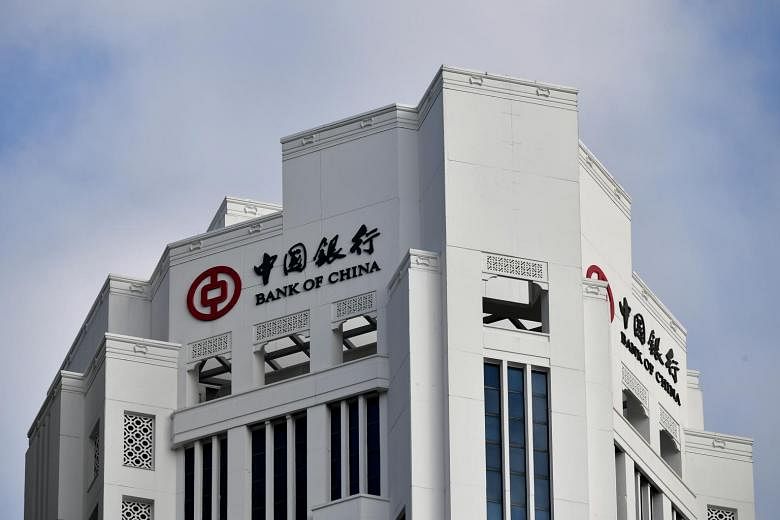
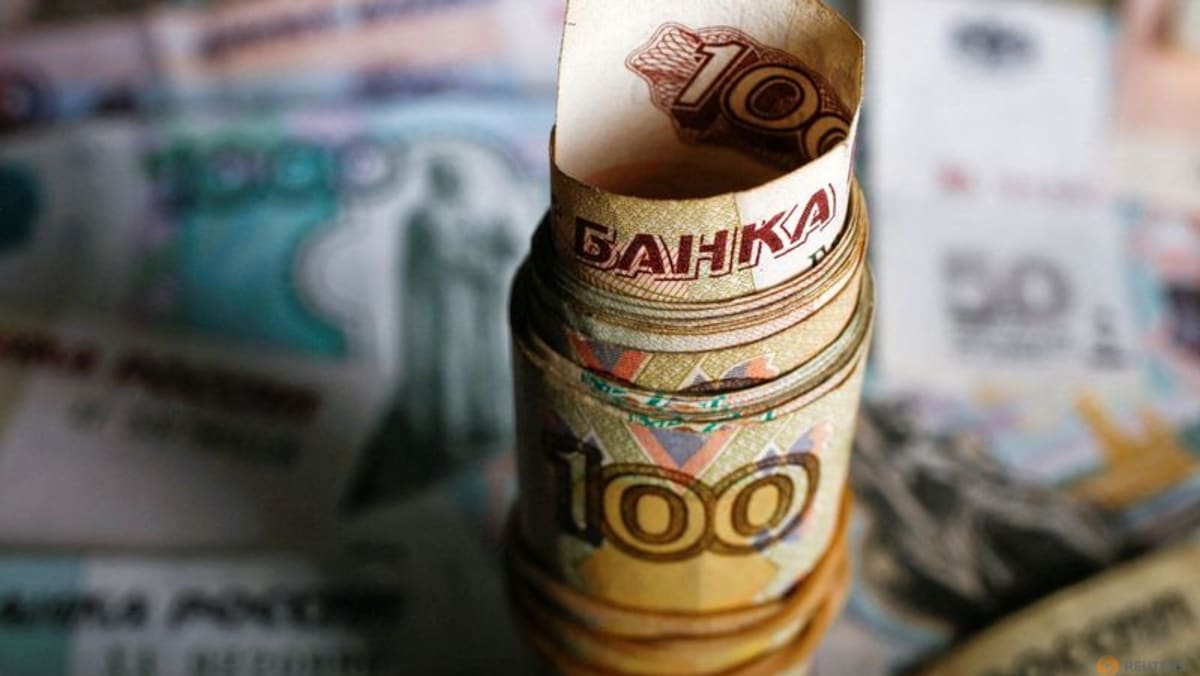
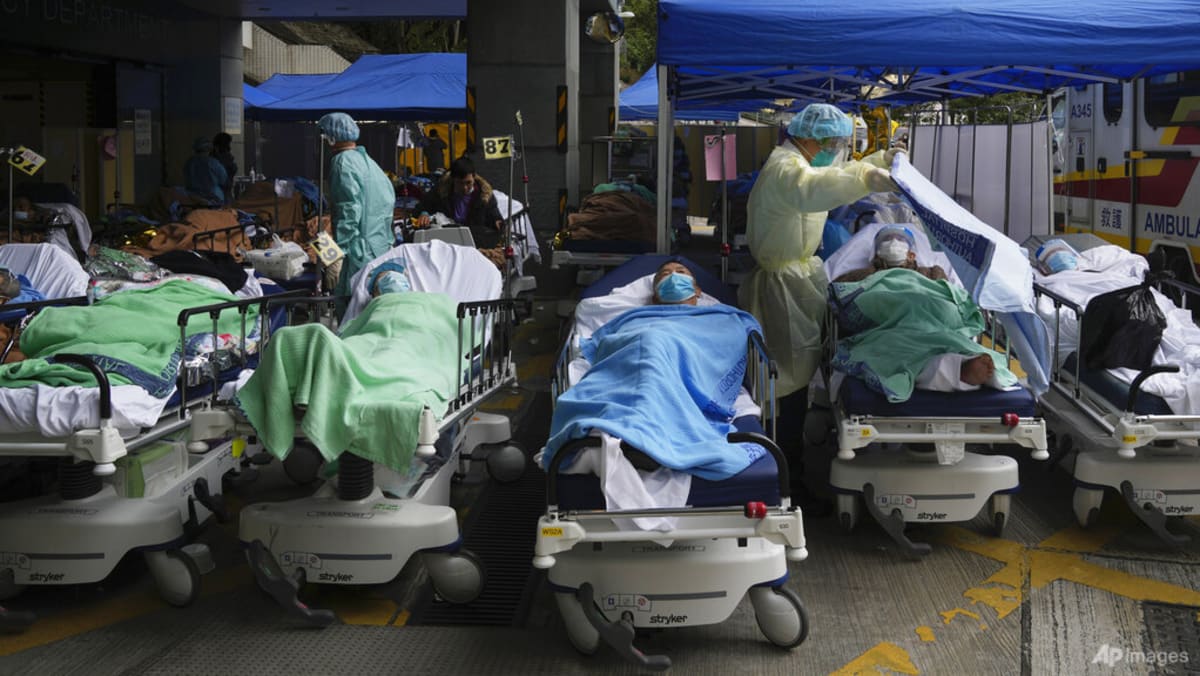
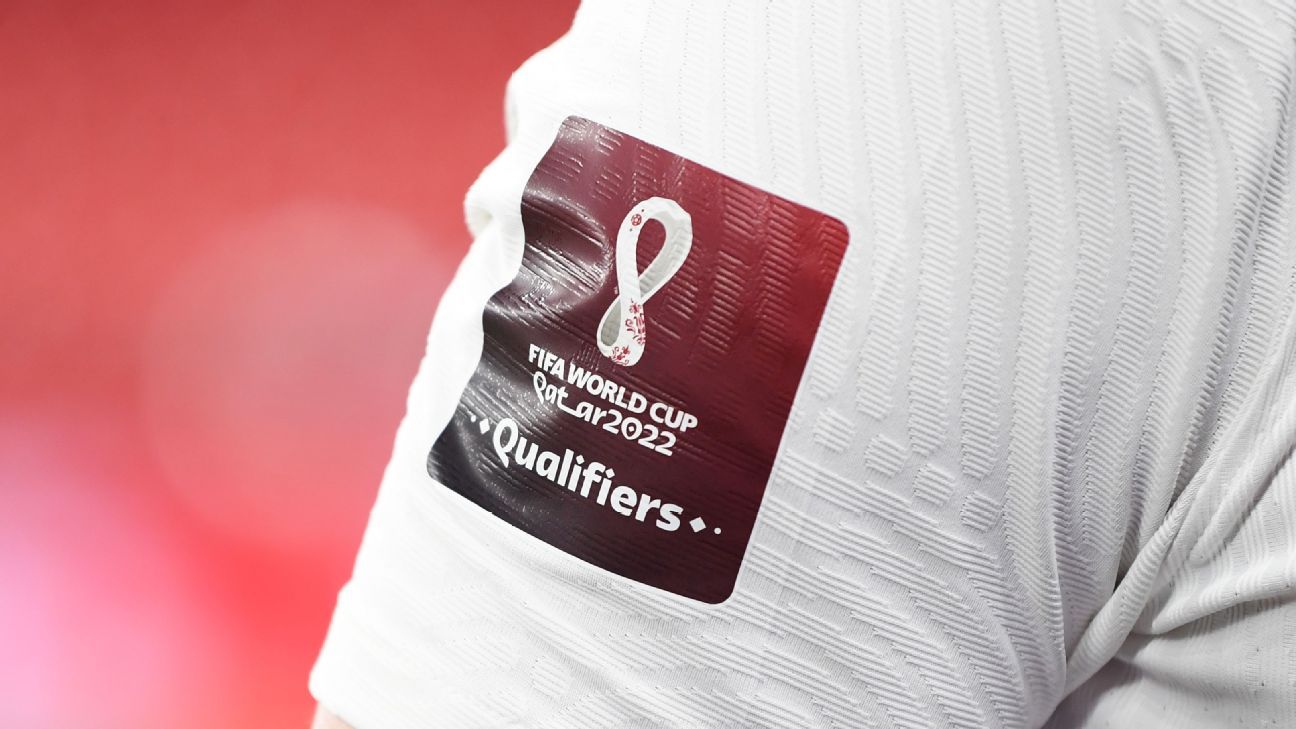
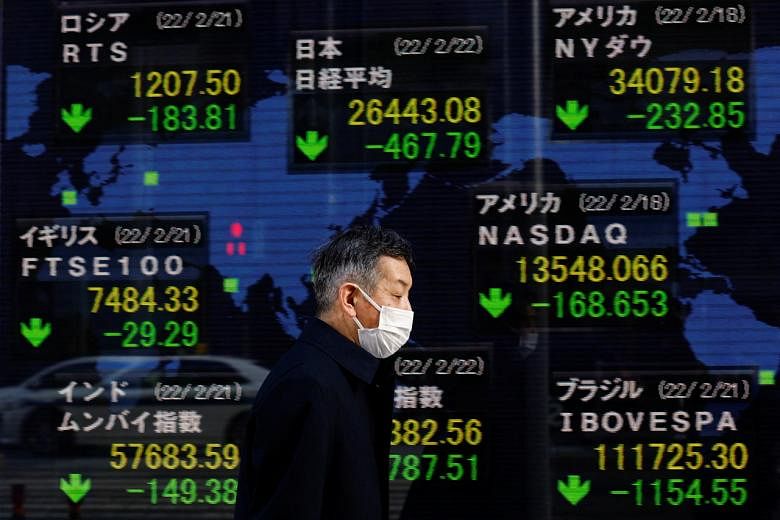

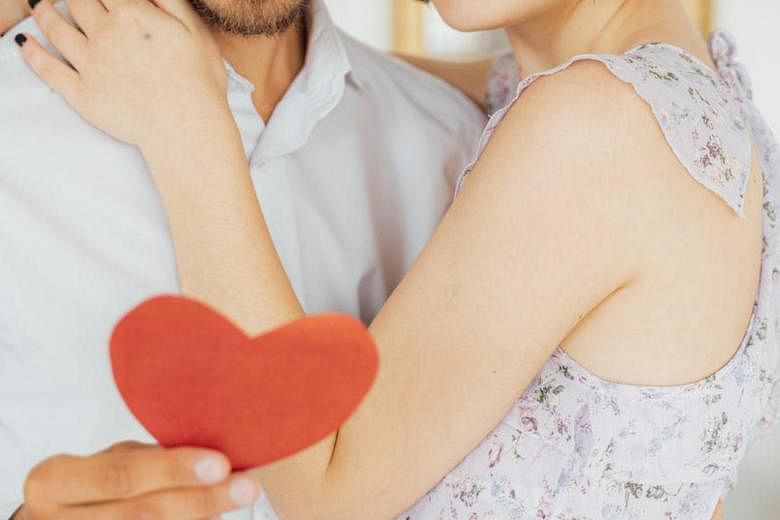
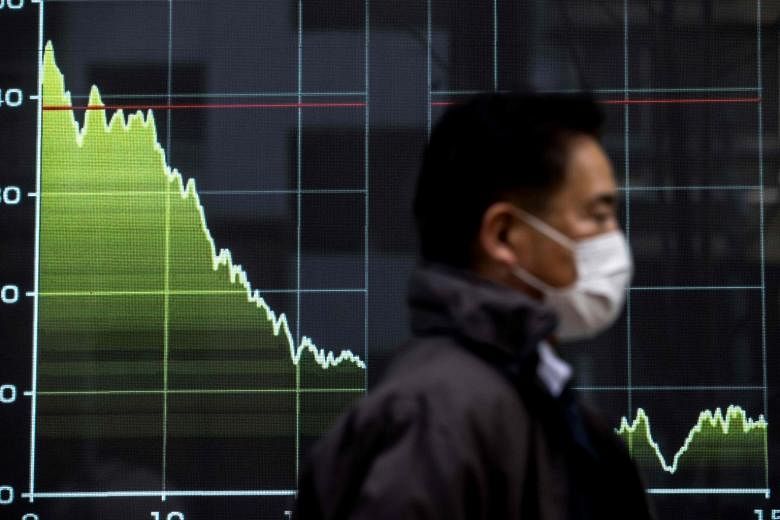


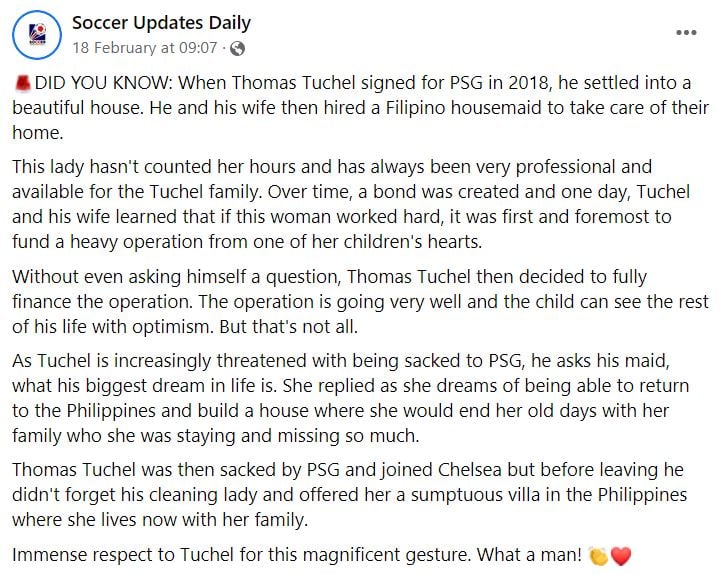


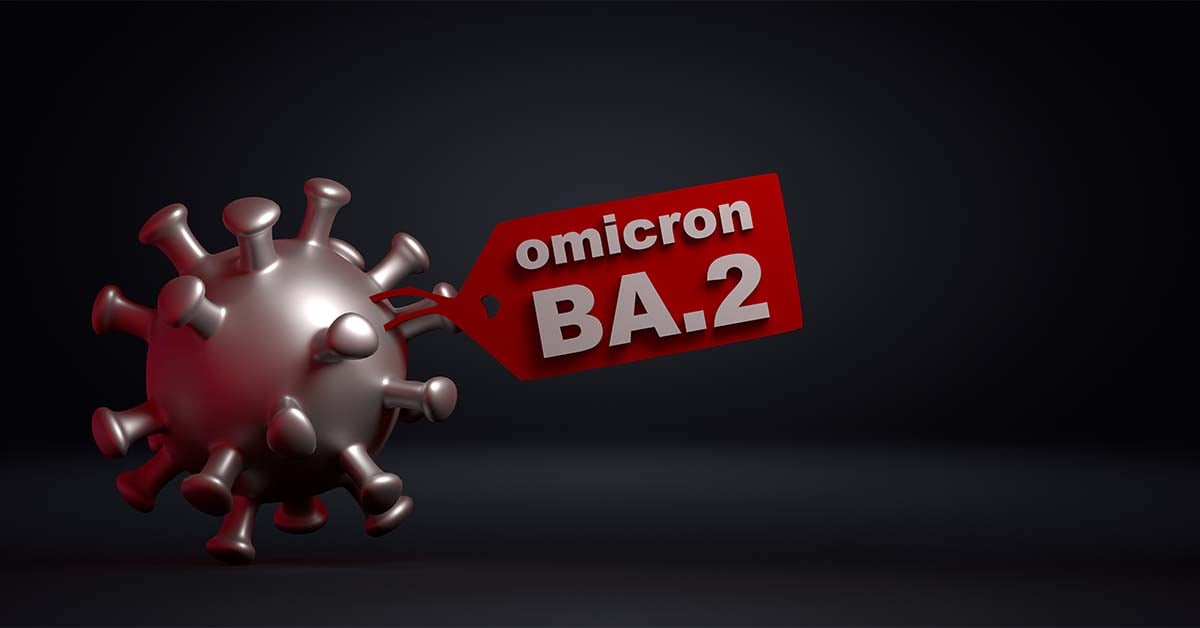



/cloudfront-us-east-2.images.arcpublishing.com/reuters/LTWMCJ6VSJKZLGDFQ55FPAEBEQ.jpg)

